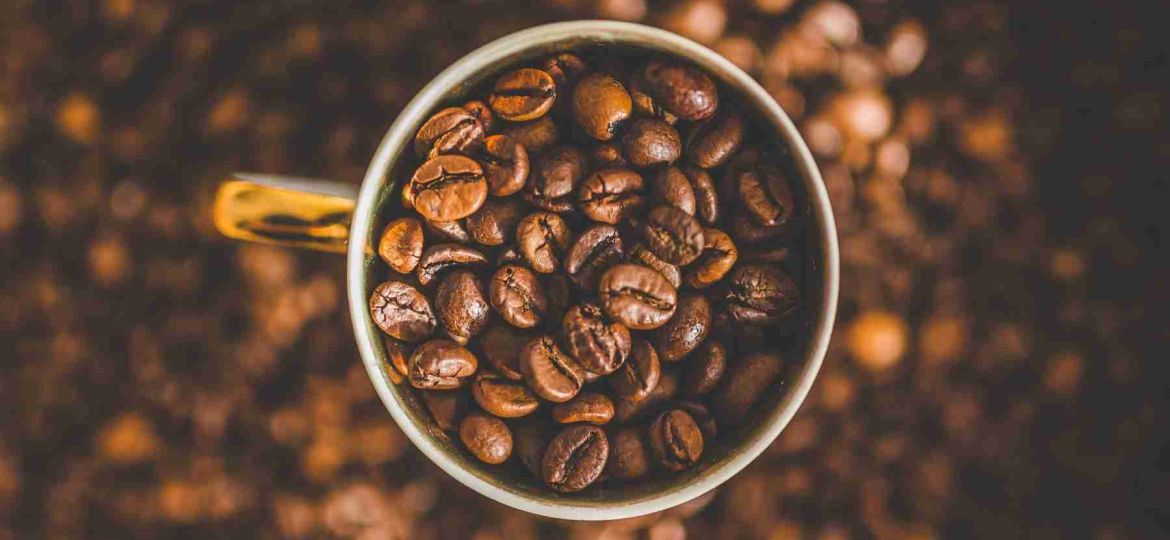
Coffee beans, traditionally brewed for their rich and aromatic beverages, have found their way into the snacking culture. Beyond their conventional use, these beans offer a unique taste experience and a caffeine kick when eaten directly. This exploration seeks to uncover the safe consumption limits of coffee beans, aiming to provide readers with a comprehensive understanding of how to enjoy this snack responsibly.
Historical Context
The discovery of coffee is steeped in legend, most notably involving an Ethiopian goatherd named Kaldi. According to lore, Kaldi noticed his goats frolicking energetically after consuming red berries from a particular bush. Curious, he tried the berries himself and experienced a similar vitality. These berries contained what we now know as coffee beans, marking the beginning of human coffee consumption.
Health Benefits
Coffee beans are a powerhouse of antioxidants, vitamins, and minerals. They are rich in compounds such as caffeine, chlorogenic acid, and various other phytochemicals that contribute to their health benefits. These include protection against liver disease, Parkinson’s disease, and type 2 diabetes, as well as a reduction in the risk of heart attack and stroke.
The beans also contain essential nutrients like vitamin B2 (riboflavin) and magnesium, offering a slight nutritional advantage over their brewed counterparts due to the absence of the brewing process.
Energy Boost
The caffeine found in coffee beans is a well-known stimulant that can enhance mental alertness and energy levels. Consuming coffee beans can provide a more immediate release of caffeine compared to drinking brewed coffee, potentially offering a quicker boost in focus and concentration.
Other Advantages
In addition to their energy-boosting properties, coffee beans have been shown to possess antihistamine properties and improve memory. The presence of compounds like tyrosine in coffee can aid in enhancing cognitive functions, including learning ability and memory retention.
Snacking Ideas
Coffee beans can be enjoyed in a variety of ways, from the simple to the gourmet. One popular method is chocolate-covered coffee beans, providing a delightful mix of bitterness from the bean and sweetness from the chocolate. These can be bought pre-made or crafted at home.
For those looking for a healthier option, coffee beans can be mixed with nuts and dried fruits to create a nutritious snack mix. Alternatively, for a straightforward approach, roasted coffee beans can be enjoyed on their own, offering a quick caffeine boost and a rich, robust flavor.
Making Chocolate-Covered Coffee Beans at Home
Creating chocolate-covered coffee beans at home is a straightforward process. Begin by melting your choice of chocolate in a double boiler or microwave, ensuring it becomes smooth without overheating. Then, add roasted coffee beans to the melted chocolate, stirring until each bean is thoroughly coated.
Using a fork, remove the beans individually, allowing excess chocolate to drip off before placing them on a sheet of wax paper to cool and harden. This method offers a customizable and delicious way to enjoy coffee beans as a snack.
Health Considerations
While coffee beans can be a healthy snack in moderation, excessive consumption can lead to caffeine overdose, with symptoms including jitteriness, anxiety, insomnia, and in severe cases, heart palpitations. The high fiber content in coffee beans can also cause digestive discomfort, such as bloating and gas, particularly when consumed in large amounts.
Special consideration should be given to pregnant women and individuals with specific health conditions, as high caffeine intake can lead to complications such as premature labor or exacerbation of heart conditions.
Other Considerations
Beyond health risks associated with caffeine, coffee beans can also stain teeth due to their dark color. Those with allergies to coffee or caffeine should avoid coffee beans to prevent allergic reactions, which can range from mild to severe.
Additionally, individuals suffering from acid reflux or GERD may find that consuming coffee beans exacerbates their condition, due to the acidic nature of coffee. As with any dietary choice, moderation is key, and individuals should consider their health status and consult with a healthcare professional if unsure about consuming coffee beans.
FAQs
Is it safe to eat coffee beans during pregnancy?
Consuming coffee beans during pregnancy is not recommended due to the caffeine content. High doses of caffeine have been linked to birth defects, premature labor, and low birth weight in animal studies. Pregnant women should limit their caffeine intake and consult their healthcare provider for personalized advice.
What’s the difference between eating roasted vs. unroasted coffee beans?
Roasted coffee beans are generally preferred for eating due to their rich flavor and aroma. They undergo a roasting process that enhances their taste profile. Unroasted, or green, coffee beans have a different, more grassy flavor and contain slightly higher amounts of certain beneficial compounds, such as chlorogenic acid, which may be reduced during roasting. However, the choice between roasted and unroasted beans largely depends on personal preference and the desired health benefits.
What are the daily limits for eating coffee beans?
It’s recommended not to exceed 30 coffee beans per day to avoid potential side effects associated with excessive caffeine intake. This amount can vary depending on the individual’s sensitivity to caffeine and overall caffeine consumption from other sources.
Conclusion
Coffee beans, when consumed in moderation, offer various health benefits, including antioxidants, improved mental alertness, and potential aid in weight loss. They can be enjoyed in many ways, such as directly, chocolate-covered, or incorporated into meals. However, it’s essential to be aware of the potential risks, including caffeine overdose, digestive issues, and specific concerns for pregnant women and individuals with certain health conditions.
The key takeaway is the importance of moderation and considering individual health considerations when including coffee beans in your diet. While they can be a healthy and energizing snack, it’s crucial to listen to your body and adjust consumption accordingly. Always consult with a healthcare professional if you have concerns about your caffeine intake or its potential impact on your health. Enjoying coffee beans as part of a balanced diet can offer both pleasure and health benefits, provided they are consumed responsibly.









